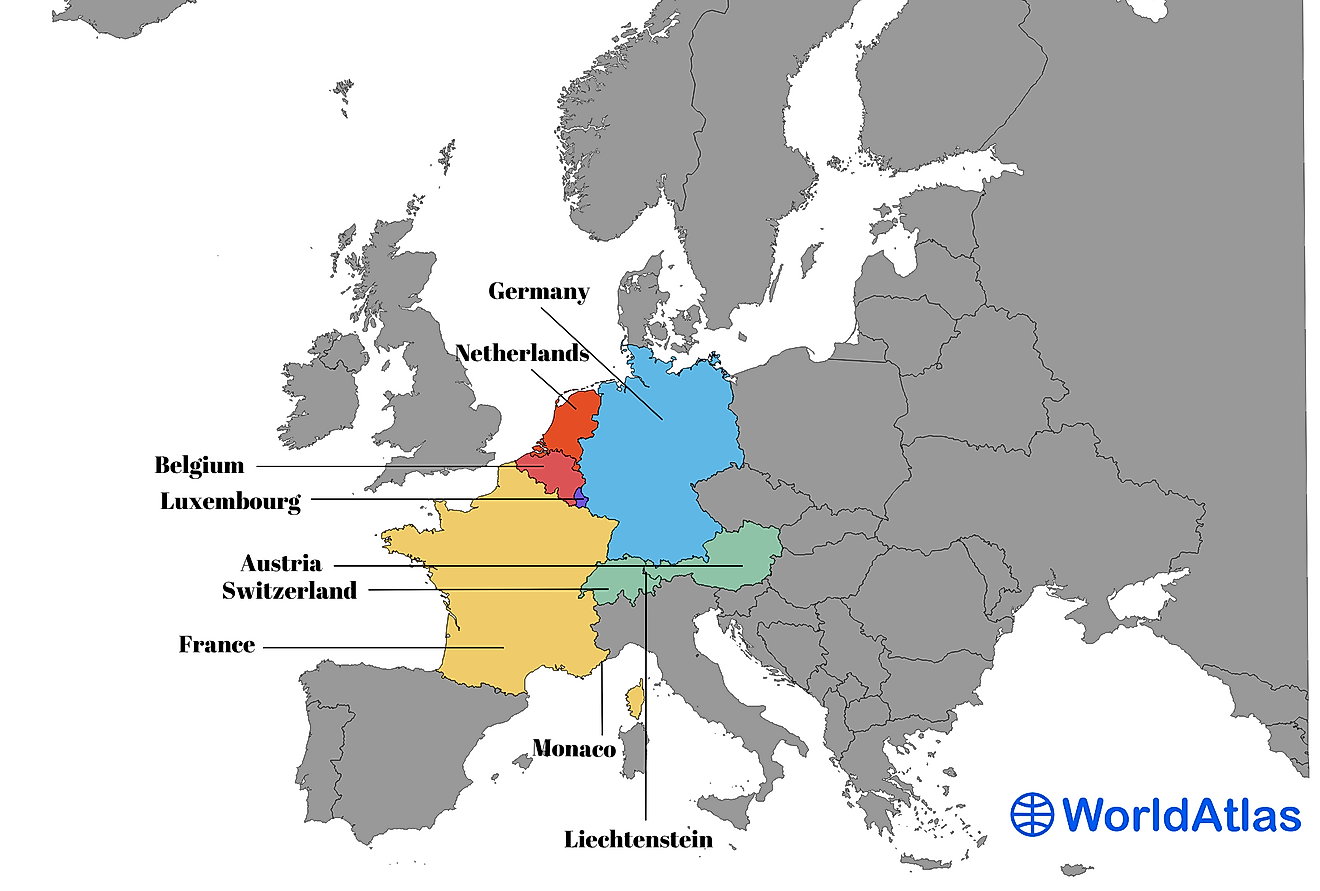What Is Loam Soil?

What Is Loam Soil?
Loam soil is soil made up of sand particles, silt, and clay. The sand, silt, and clay particles have a size of greater than 63 micrometers, greater than two micrometers, and less than two micrometers, respectively. Additionally, loam soil is typically composed of these three components in the following weight ratio: 40% sand, 40% silt, and 20% clay. However, these are general proportions and may vary from one sample to another, which leads to the formation of different kinds of loam soils, such as sandy clay loam, silty loam, silty clay loam, and others. The United States Department of Agriculture (USDA) usually classifies any soil that is not predominantly sand, clay, or silt as loam. The soil feels crumbly and soft and is relatively easier to work regardless of the moisture level.
Characteristics of Loam Soil
The drainage of loam soil is usually affected by its composition.
Loam soil that has a higher amount of sand and low amounts of organic content tends to show greater drainage capabilities. However, because of the clay particles in the soil, loam tends to hold water relatively well. Loam with a higher content of organic matter tends to dry out faster. Loam soil with higher amounts of clay is also more compact, making it ideal for use in surfaces that require compacted sand, such as roads.
Loam often has a fair level of aeration. Consequently, it is ideal for the survival of organisms in the soil that are beneficial for plant life. However, loam that has higher amounts of clay is not that conducive for plant life or soil organisms. Farmers usually have problems dealing with loam soil that has higher concentrations of clay.
Loam is average in terms of maintaining nutrient levels in the soil. Sandy loam has fewer nutrients since it drains faster than loam that retains moisture. However, the ability of loam to hold nutrients can be greatly increased by adding compost.
Loam Soil and Farming
Given its ability to retain water and nutrients yet allow drainage, loam soil is excellent for agricultural use. The composition of the loam is less important since the soil only needs to have these two qualities. In some cases, a soil sample may satisfy the definition of loam but still be unsuitable for agriculture due to poor drainage or low nutrient retention or both. Some of the prominent agricultural regions in the world have loam soil.
Loam Soil and House Construction
In some parts of the world, loam soil has proven useful in house construction, such as the post and beam method. In some cases, builders use loam to construct a layer on the inside walls of a house to help manage air humidity. However, one of the oldest and most common uses of loam in construction is to mix it with straw and use the mixture to build walls.











